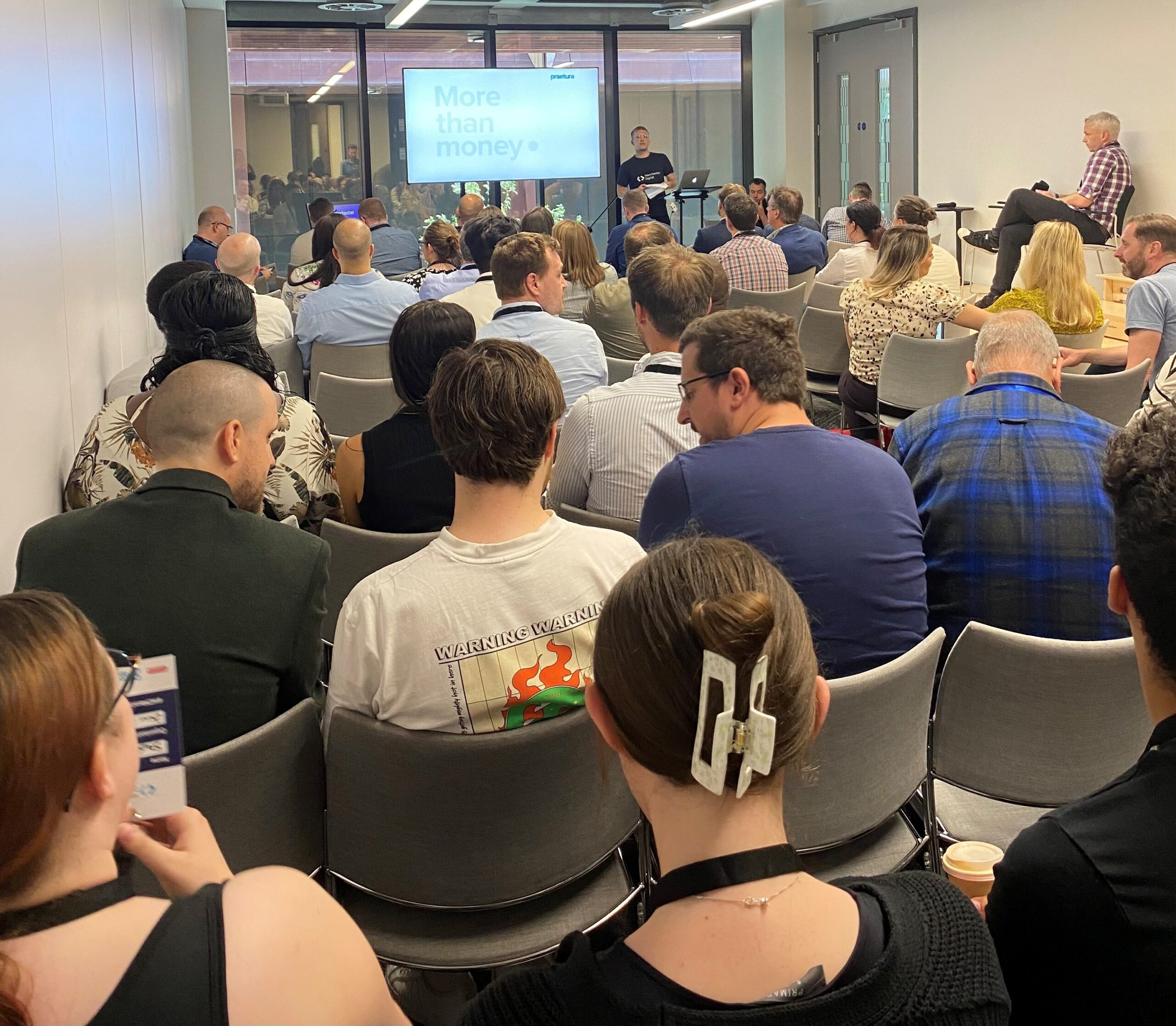For some, the emergence of new technology has somewhat lost its shock value over the past decade due to the enormous level of development we have seen. Where previously each development would be welcomed into businesses with a period of examination, and access would be limited by a company’s budget for tools, perhaps one of the biggest transformations that has accompanied this rapid development in more recent years is the increase in accessibility.
Previously, technological developments were introduced to a workforce with extensive training, guidelines and dedicated tech advisors. However, in 2023, we see that highly advanced technology is launched directly into the hands of the employee. ChatGPT, the AI large language model chatbot, is the perfect example of a highly sophisticated tool that was launched and almost immediately became mainstream. From launch, the tool could be experimented with by anyone with access to the internet. This raises an important question for businesses whose employees may already have experimented with the tool – how can AI safely be integrated into a business?
To find out more we attended the Manchester Digital Member Conference and observed a panellist discussion on AI and the human workforce integration. The panel offered a broad insight into applications and attitudes towards the tech, with experts:
- Simon Thompson, Head of Data Science at GFT
- Juliette Dennett, Consultant at Dale Carnegie North
- Alex Meehan, Data Science Lead at Co-op
- Mike Skelton, Deputy Director of Publishing and Infrastructure at Government Digital Service
- Katie Gallagher, Managing Director of Manchester Digital
Below, we have summarised some of the key considerations discussed:
Expectation v Reality
The panel discussed how polarising the introduction of ChatGPT has proven within society, with attitudes heavily influenced by the narrative of the media. As we have seen from commentary in the news and on social media, there are extreme views at either end of the spectrum, with the development in AI taking us a step closer to the end of the world on one side, and a wholly different world where machines will soon be doing everything for us on the other side.
These views can make it difficult for a business to know where to start – is it too risky to integrate AI into operations at all? Or do we start integrating as much as possible to reach utopia quicker?
The consensus of the experts was that the reality will be dictated by our use of the tools. Yet, despite fears, there are a high number of strong AI applications that can make our lives easier. There are a number of repetitive pattern recognition and pattern replication tasks that AI is better suited to than humans e.g. dealing with large data sets or facilitating 24/7 chat services. To maintain control over integrations, businesses should be realistic about where a machine would be a better fit than a human, use the evidence available from comparable applications, start small and monitor closely.
‘A sophisticated parrot’
We were also warned to consider how developments such as large language models are set up. The panellists likened ChatGPT to ‘a very sophisticated parrot’ which is trained to regurgitate data based on learned patterns and does not account for factual accuracy. Therefore, if a business were to implement a customer service chat feature using these types of models, it could easily feel like conversing with a human, however, the information fed to the user could be inaccurate or misleading. We were asked to consider how dangerous this could be when used on a website such as gov.uk, where users are often seeking information on what support they qualify for and how to access it.
For businesses considering integration, this highlights how these tools are not always what they seem to be, and the architecture behind them will dictate how successful the application is. In addition to this, global brands are reporting ChatGPT bans for employees as a result over fears over security and sensitive data, for example, Amazon banned its employees from sharing any code or confidential information with the tool after claiming it discovered examples of ChatGPT responses that resembled internal Amazon data. Therefore, it is critical to get a full understanding of tools, using dedicated experts, available evidence, and own experience before even considering integration.
Human workforce
Following the exploration of the tools themselves, we heard about the impact on the workforce, and a study which revealed that within organisations, attitudes towards AI are 3x more likely to be positive if the workforce trusts its leaders and that there is a high level of transparency. This is contingent on the presence of business leaders who can communicate effectively with teams and can appropriately allocate the responsibilities of a workforce that compromises both humans and machines.
In addition to this, despite exploring the opportunities for AI adoption within operations, businesses must not ignore the unique abilities of the human workforce which remain hugely important to success. In the future, it was posited that the skillset our future workforce will need will lie heavily in soft skills including resilience and communication.
The discussion demonstrated that while companies do not have a prescribed path to integration, there is no stopping this type of technological development and there is a great deal of opportunity to be seized. The panel concluded with recommendations for businesses to use caution, don’t neglect the human workforce and ultimately, do the research.
Thank you to both Manchester Digital and the fantastic panellists for sharing these insights at the member conference. These events illustrate how crucial it is to keep up to date with tech industry developments, in order to be best advise our clients in the space. Interested in hearing more about the tech clients we are working with? Get in touch or check out our case studies.
